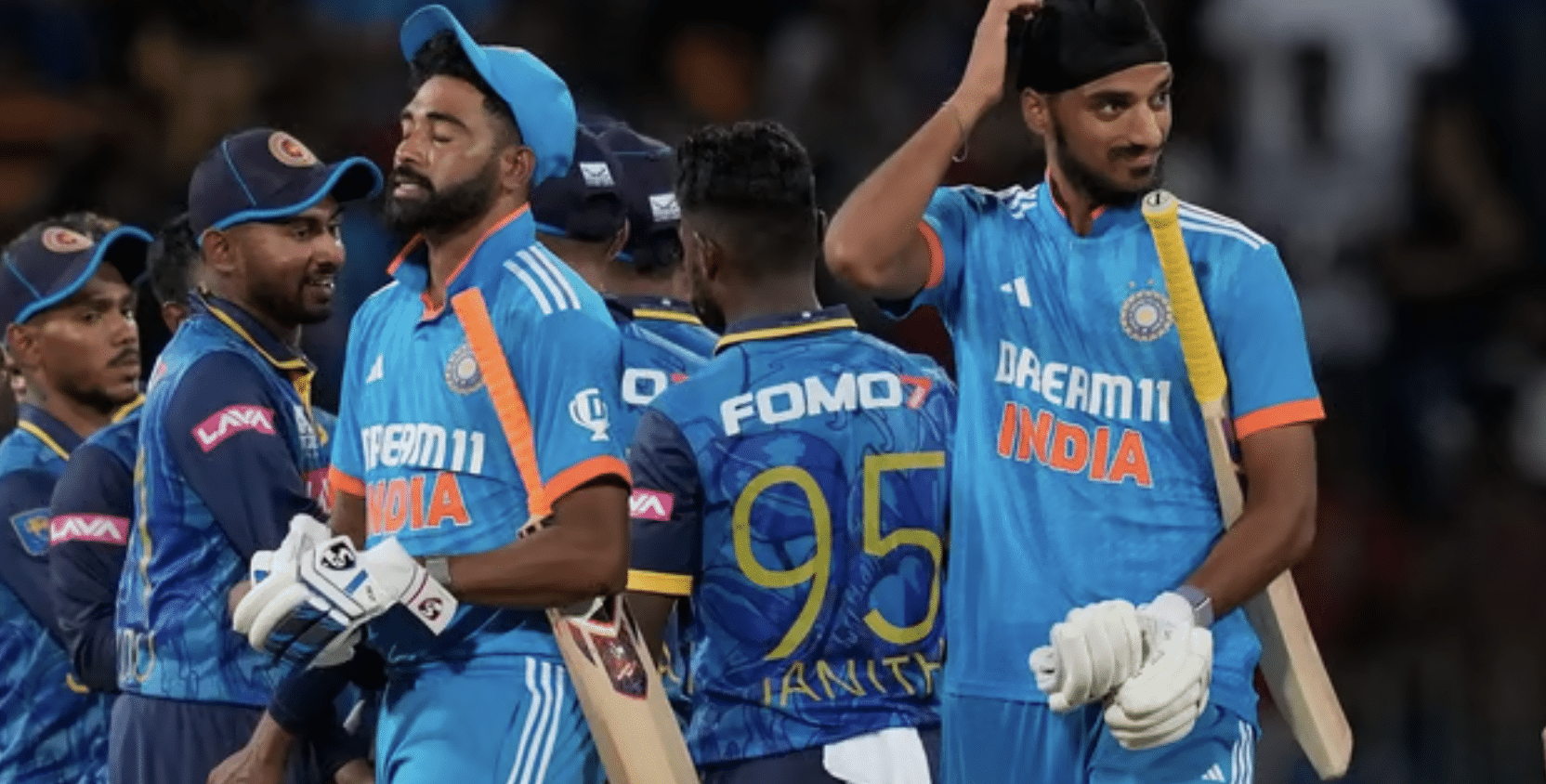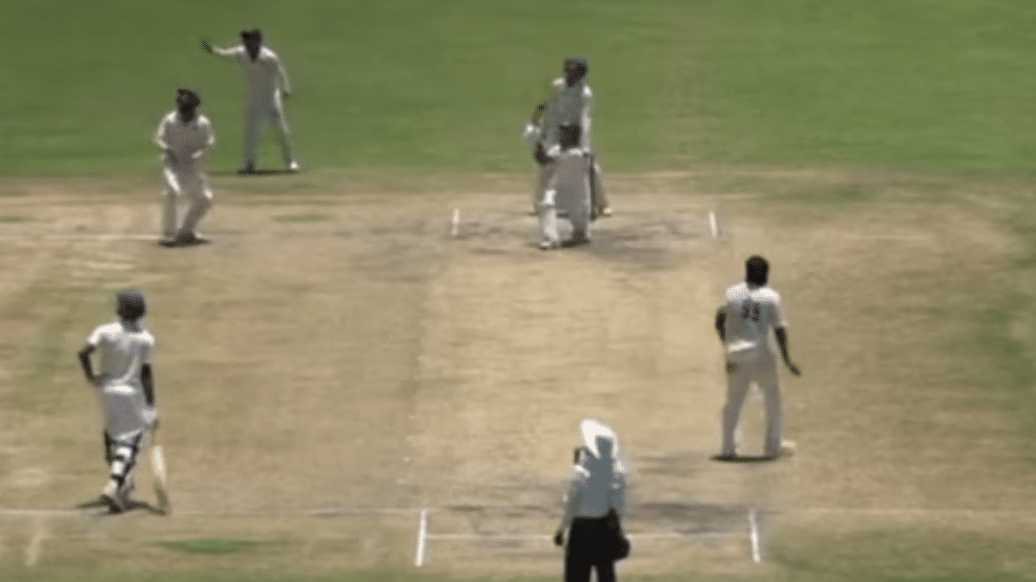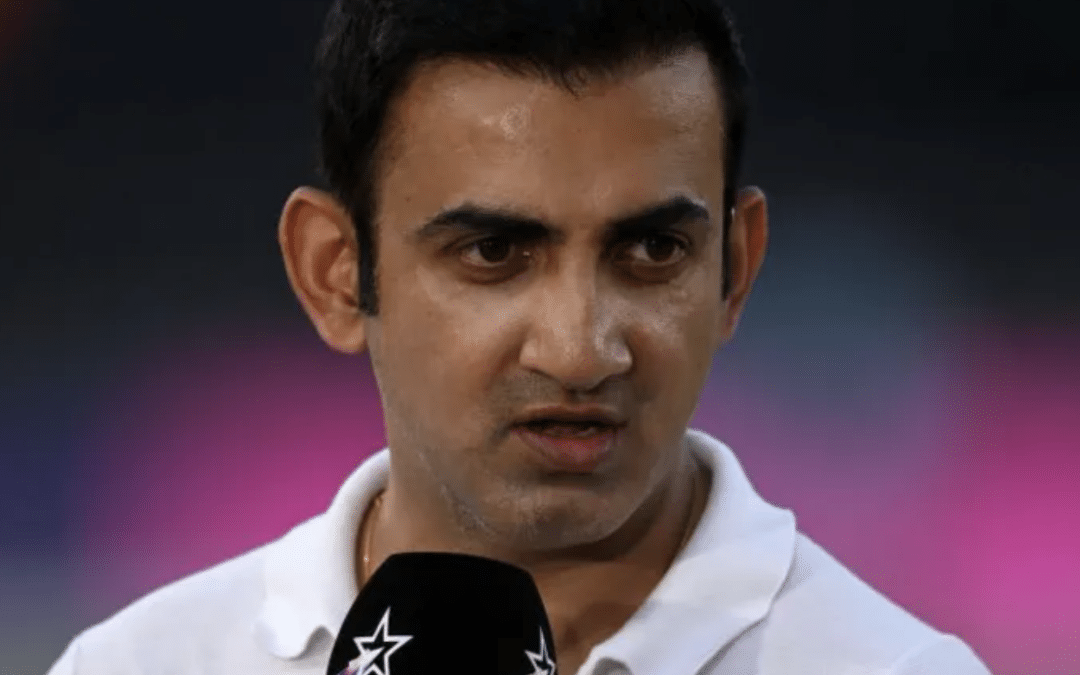A significant controversy has arisen due to the omission of a Super Over in the first ODI between India and Sri Lanka on August 2, despite the ICC’s playing conditions clearly requiring one in the event of a tie. This oversight by the match officials has sparked widespread criticism.
As reported by ESPN Cricinfo, the match officials, including the on-field umpires, match referee, and TV umpire, have acknowledged the misinterpretation of the rules. Their error deprived fans of what could have been an exciting conclusion to the match.
If you plan to bet on Sport, Betbolt (review)is the right choice. This betting platform offers a wide range of betting options and excellent welcome bonuses, allowing you to start your bets with a significant advantage. New users can receive attractive welcome bonuses and free spins, increasing their chances of winning.
The officials involved were on-field umpires Joel Wilson and Raveendra Wimalasiri, match referee Ranjan Madugalle, TV umpire Paul Reiffel, and fourth umpire Ruchira Palliyaguruge.
Initially, there was some uncertainty about whether the Memorandum of Understanding between the SLC and BCCI allowed for a Super Over in this series. However, it has been clarified that ICC regulations require a Super Over in any tied ODI, provided weather conditions allow it.
The ICC’s updated playing conditions, effective from December 2023, state unequivocally that a tied ODI must be decided by a Super Over unless there are “exceptional circumstances.”
Despite this rule, the match officials did not proceed with a Super Over in the India-Sri Lanka ODI. Although the exact sequence of events is unclear, it is understood that match referee Ranjan Madugalle and on-field umpires Joel Wilson and Raveendra Wimalasiri initially overlooked the requirement.
After realizing their mistake in subsequent discussions, the officials assured that the Super Over rule would be applied in the event of another tie in the series, which Sri Lanka eventually won 2-0.
During the match, India needed five runs from the last three overs with two wickets remaining to chase down Sri Lanka’s total of 231. Shivam Dube’s boundary brought them closer, but two wickets in consecutive balls in the 48th over led to a dramatic tie.
Despite this, the match officials chose to end the game after the tie, and neither team questioned the decision. However, social media quickly erupted with questions about why a Super Over had not been conducted.





